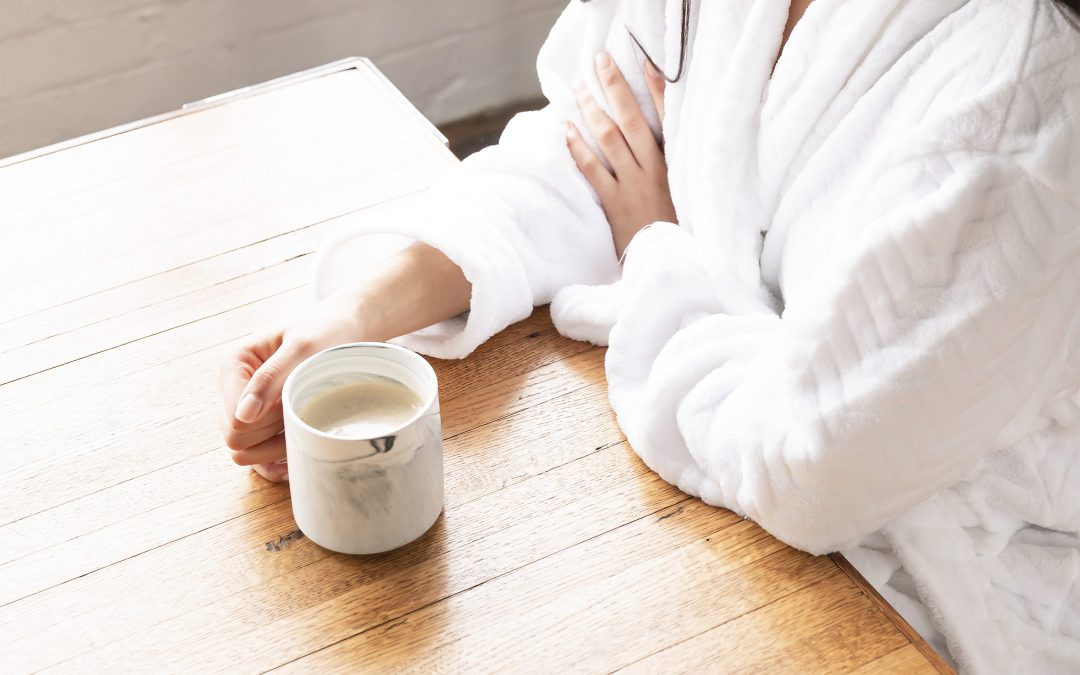We all have those pesky little bad habits that seem to stick with us no matter how hard we try to shake them. Maybe you bite your nails when you’re nervous or can’t resist hitting the snooze button in the morning, even when you’ll regret it later.
Whatever your bad habit may be, there’s no need to feel ashamed. We’re only human, after all!
But because bad habits are every day doesn’t mean they’re not problematic.
Bad habits can sabotage our productivity and well-being if we’re not careful. That’s why it’s important to learn how to let go of them for good. So if you’re ready to break free from your bad habits once and for all, read on for some helpful tips.
How to Ditch Your Bad Habits for Good
1. Be honest with yourself.
The first step to ditching your bad habits is admitting that you have them in the first place! This may seem like a no-brainer, but it’s actually harder than it sounds. We often justify our bad habits by telling ourselves that they’re not really a big deal or that we’ll stop eventually anyway. But if you want to get rid of your bad habits for good, you need to be honest about what they are and why they’re a problem. Only then can you begin to take steps to change them.
2. Figure out what triggers your bad habits.
Once you’ve identified your bad habits, it’s time to start thinking about what triggers them. Do you bite your nails when you’re stressed? Do you hit the snooze button because you didn’t get enough sleep the night before? By understanding what sets off your bad habits, you can begin to avoid those triggers altogether. For example, if you know you’re more likely to bite your nails when you’re watching TV, try reading a book instead. Or if hitting snooze is usually a result of staying up too late, make sure to go to bed at a reasonable hour so you can get a full night’s rest.
3. Find a replacement activity.
Once you know what sets off your bad habit, it’s time to find a replacement activity that can help satisfy whatever need or craving is behind the behavior. For example, if you tend to snack mindlessly when you’re bored, try keeping a puzzle or coloring book handy so you can do something else with your hands instead. Or if checking your phone first thing in the morning has become a habit, leave it in another room overnight so you have to get up and out of bed to turn it off in the morning. By finding a healthy replacement activity for your bad habit, you can begin to retrain your brain and establish new, healthier patterns of behavior.
4. Create accountability for yourself .
One of the best ways to make sure you stick with breaking your bad habit is to create accountability for yourself—in other words, find someone who will help hold you accountable along the way! This could be a friend, family member, co-worker, or even a therapist or coach if your bad habit is particularly damaging or difficult to overcome on your own. Whoever it is, make sure they understand what your goals are and check in with them regularly (e .g . , once a week) to update them on your progress . Having someone else in your corner will help motivate and encourage you when things get tough .
5., Reward yourself for progress .
Last but not least, don’t forget to give yourself credit—and rewards—for every step forward! Breaking a bad habit is hard work, so make sure pat yourself on the back ( figuratively or literally !) whenever you make progress.
This will help reinforce positive behavior and remind yourself that changing for the better is worth all the effort .
Conclusion:
Bad habits are common but that doesn’t mean they’re not problematic—especially if they start sabotaging our productivity and well-being!
If you’re ready to break free from yours once and for all, follow these five helpful
tips: be honest with yourself,
figure out what triggers your bad habits,
find replacement activities,
create accountability, and reward yourself along the way.
With some effort and determination, ditching those pesky little bad habits can be easier than You might think!





